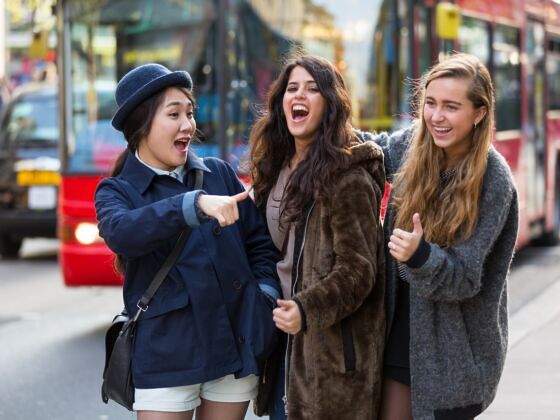1. It doesn’t matter that you’re American.
When East German border guards tromped through the tight train corridor, stopped my study abroad program director, and pantomimed the click of a camera, I knew I’d messed up. Big time. Just moments earlier, as the train slowly rolled across the border from West Germany into East Germany and communism, I’d snapped a picture of a patrol tower. Really bad move. It was 1989, during the Cold War, and I’d left the flash on.
While ultimately nothing resulted from my minor lapse in judgement (7 months before the fall of the Berlin Wall, I’m guessing the East German government had more pressing matters than throwing me in a gulag), at the very least it was a major reality check: It didn’t matter that I was an American and guaranteed unalienable rights in the US. I was an American in a communist country, and border guards in East Germany didn’t have to acknowledge my freedom of expression or any other US First Amendment rights.
